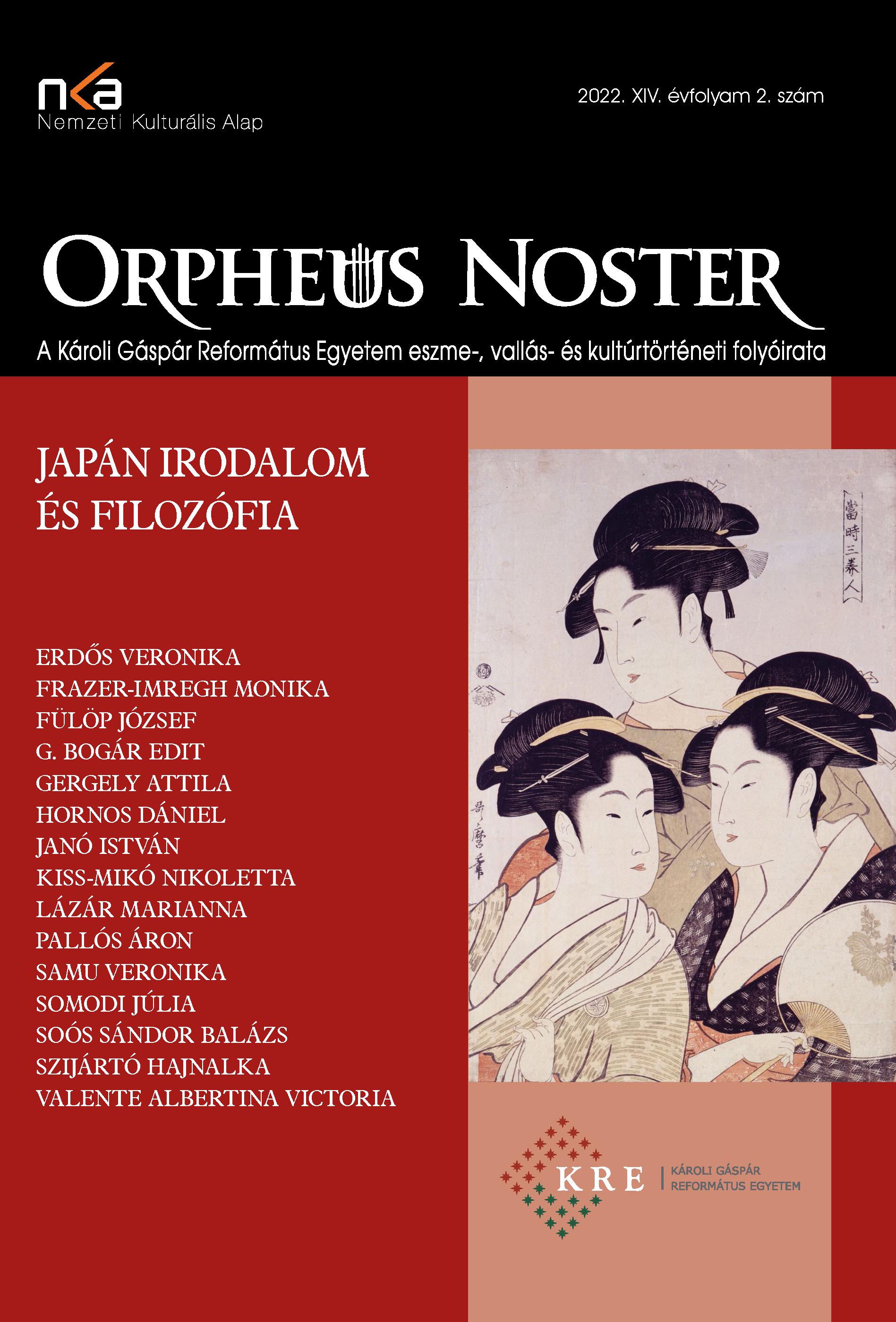A vorticizmus távol-keleti gyökerei – Japán és kínai kulturális hatások Ezra Pound költészetében
Far Eastern Roots of Vorticism - Japanese and Chinese Cultural Influences in Ezra Pound's Poetry
Author(s): István JanóSubject(s): Language and Literature Studies
Published by: Károli Gáspár Református Egyetem
Keywords: French impressionism; Japanese woodblock prints; J. M. Whistler; Ezra Pound; imagism; vorticism; haiku; Chinese poetry; Chinese characters (ideograms)
Summary/Abstract: This paper discusses a chapter in the history of cultural relations between the Western world and Japan, i.e. the influence of Japanese and Chinese poetry, as well as of Chinese characters (ideograms) upon vorticism, a poetical movement based on imagism and further developed by Ezra Pound. The introduction gives a brief summary of the second contact between the West and Japan in the latter half of the 19th century, from the French impressionists’ interest in Japanese woodblock prints to Western painters, poets and writers who used Japanese subjects in their works. The second part deals with the introduction of haiku into Western literature, beginning with its influence upon the imagist poetry launched by T. E. Hulme and F. S. Flint. This exposition is followed by the presentation of vorticism invented by Ezra Pound, who studied Japanese haiku and Chinese poetry, as well as Chinese characters (ideograms). The main part consists of the Hungarian translation and analysis of some of Ezra Pound’s short poems based on Japanese and Chinese poetry. The paper closes with conclusions as to how these seemingly heterogeneous cultural influences could have been combined in shaping vorticist poetical theory.
Journal: Orpheus Noster. A KRE Eszme-, Kultúr-, és Vallástörténeti Folyóirata
- Issue Year: XIV/2022
- Issue No: 2
- Page Range: 50-65
- Page Count: 16
- Language: Hungarian

